A
access
Guest
This forum is mainly interested with Nasa. So I thought I would try to stimulate a discussion about International manned space flight. In the last several years Manned spaceflight has taken huge leaps particularly in asia.
Russia-Russia and Europe are somewhat inter connected, Russia has abandoned the Klipper and is now primarily involved with the PPTS program which is capsule based. Here are some images of the RKK Energia proposition
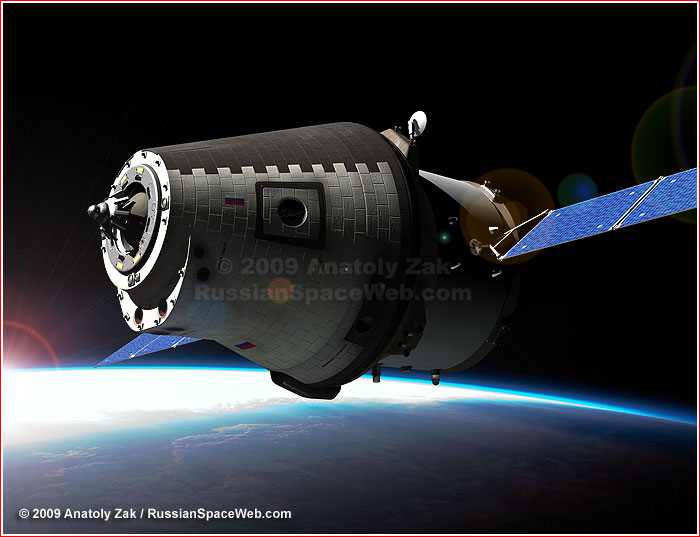
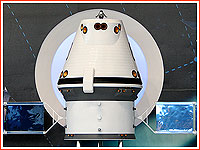 Before PPTS Russia was involved in the CSTS European program which has now turned into ACTS in which Russia is not as directly involved. Russia also has plans for a new space station called OPSEK which is based around a central module to which other module are attached. pic
Before PPTS Russia was involved in the CSTS European program which has now turned into ACTS in which Russia is not as directly involved. Russia also has plans for a new space station called OPSEK which is based around a central module to which other module are attached. pic
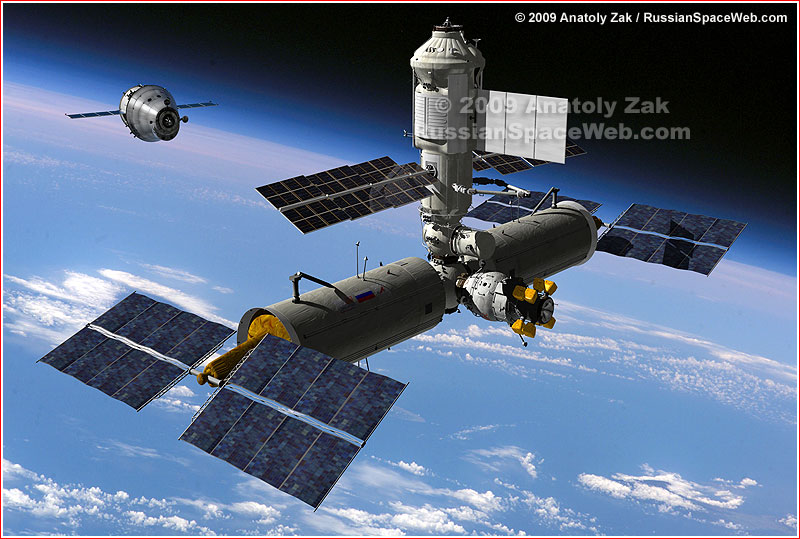
Europe-The ACTS proposal has become a ATV evolution project starting with ARV or advanced re-entry vehicle that will hopefully later become man-rated.Pics
 There are also many other proposals to evolve the ATV such as a mini space station.
There are also many other proposals to evolve the ATV such as a mini space station.
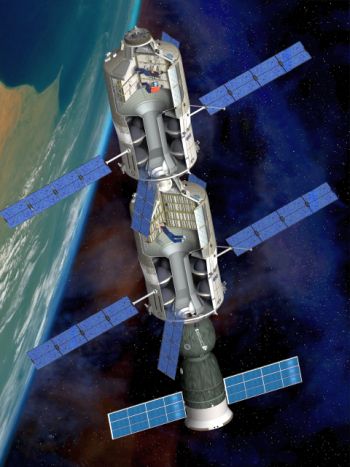
India-The development of the OV(orbital vehicle continues and plans call for the first launch in 2015.

China-Does not appear interested in advancing launch vehicles and wil continue to run it's Shenzhou (Soyuz)

China's main interest now appears to be the tiangong series of space stations. Tiangong 1 will launch in 2010. pics
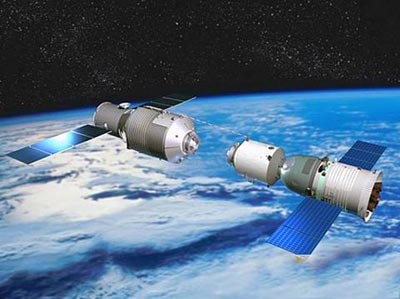
Japan-Japan is much further behind than any other of these nation but has expressed interest in creating manned space flight abilities possibly using HTV tech.
Iran-Too little information
Russia-Russia and Europe are somewhat inter connected, Russia has abandoned the Klipper and is now primarily involved with the PPTS program which is capsule based. Here are some images of the RKK Energia proposition



Europe-The ACTS proposal has become a ATV evolution project starting with ARV or advanced re-entry vehicle that will hopefully later become man-rated.Pics

India-The development of the OV(orbital vehicle continues and plans call for the first launch in 2015.

China-Does not appear interested in advancing launch vehicles and wil continue to run it's Shenzhou (Soyuz)

China's main interest now appears to be the tiangong series of space stations. Tiangong 1 will launch in 2010. pics

Japan-Japan is much further behind than any other of these nation but has expressed interest in creating manned space flight abilities possibly using HTV tech.
Iran-Too little information


